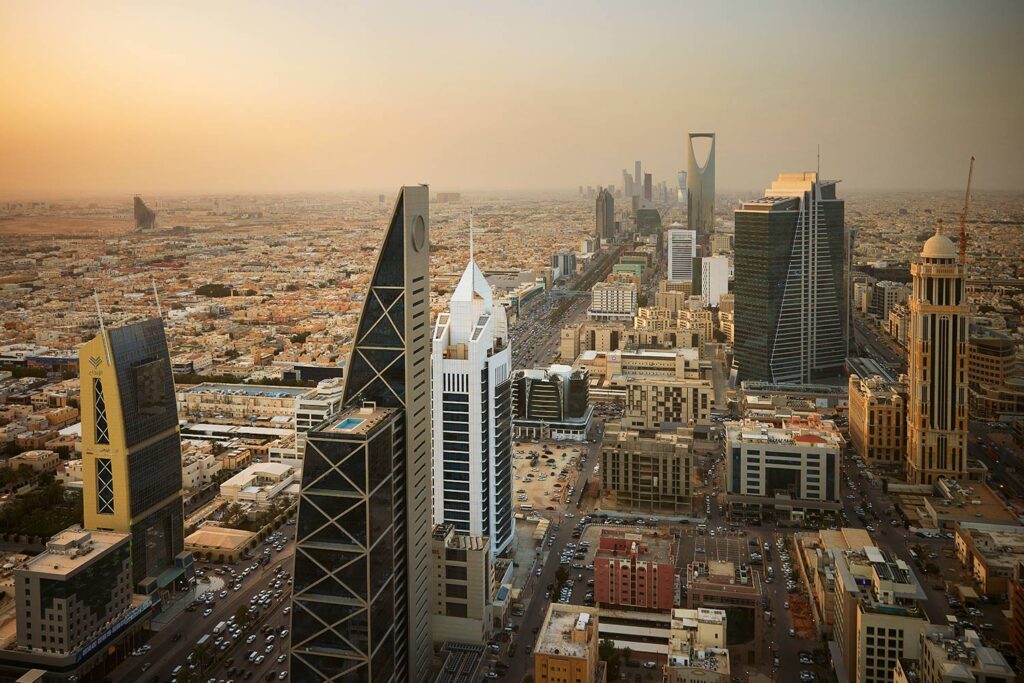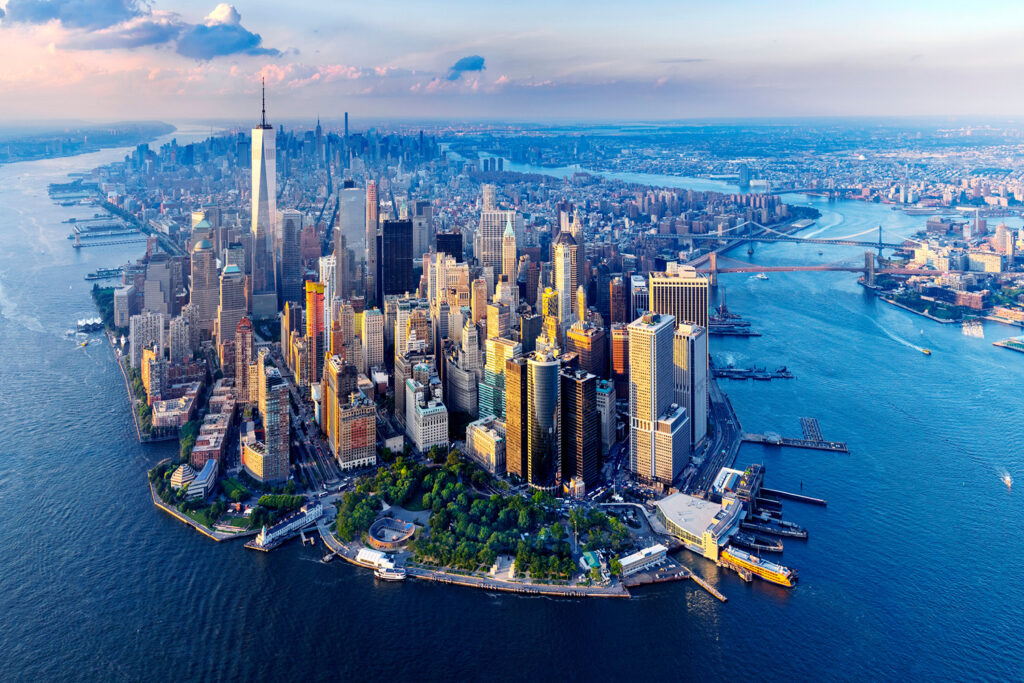Air Quality: Still top of the city agenda
If you’re attending MIPIM in Cannes as I am, it’s impossible not to admire the dazzling seafront and perhaps even enjoy a few moments of spring sunshine before work.
What you’re probably not thinking about is air quality, but unfortunately this picturesque city is not immune from the same pollution that affects people throughout the Riviera.

Indeed, less than twenty miles up the coast, Nice has the worst air quality in the whole of France according to 2018 figures published by L’Express. This is, of course, not a uniquely French problem. In global terms, eight in ten people are breathing polluted air that fails to meet the World Health Organization’s safe limit. Exposure to polluted air kills seven million people a year. There is simply no escaping the urgent need to address this situation.
Accordingly, Buro Happold continues to support C40 Cities – a network of 90+ cities representing more than 650 million people – in undertaking vital research into inclusive climate action. Funded by Johnson & Johnson Services, Inc., this work includes not only the challenges faced in development but also the wide range of feasible opportunities and positive impacts available to communities. The research shows that if just the C40 cities took action on clean transport, buildings and industry then 223,000 premature deaths per year could be avoided while greenhouse gas emissions drop by more than 80%. All told, this would deliver up to $583 billion in economic benefit.
With all these benefits on offer, why isn’t universal action being taken? Our research shows that for many cities and urban practitioners the lack of accessible case studies is a key barrier to delivering climate action in an inclusive and equitable way. In aiming to remove this impediment, we have now released case study reports for seven cities that have received technical assistance from C40 and Buro Happold. This builds the business case for climate action that delivers air quality, health and economic benefits. The research is freely available and clearly specifies how the lessons can be usefully applied to any city.
So how will we hold our cities to account over air quality? Transport is an obvious target for action. Consequently, there is high awareness for making less private car journeys, cycling if possible and embracing low-emission technologies. New sharing economy models sound good, but diesel-powered delivery vans still deliver our online purchases. So do we need to radically change our shopping habits? And let’s not forget that buildings are often overlooked as one of the major sources of CO2 in our cities. The same air quality issues can arise inside buildings as they do outside if we fail to consider them as part of the bigger picture.
All of these issues inform Buro Happold’s commitment to heightening climate awareness, promoting inclusivity and exploring realistic courses of action. We’d be glad to discuss how we innovate to embed sustainability and resilience in our projects. To arrange a meeting with us whilst at MIPIM to discuss issues around design for healthier cities just visit our dedicated Buro Happold at MIPIM 2019 page.





